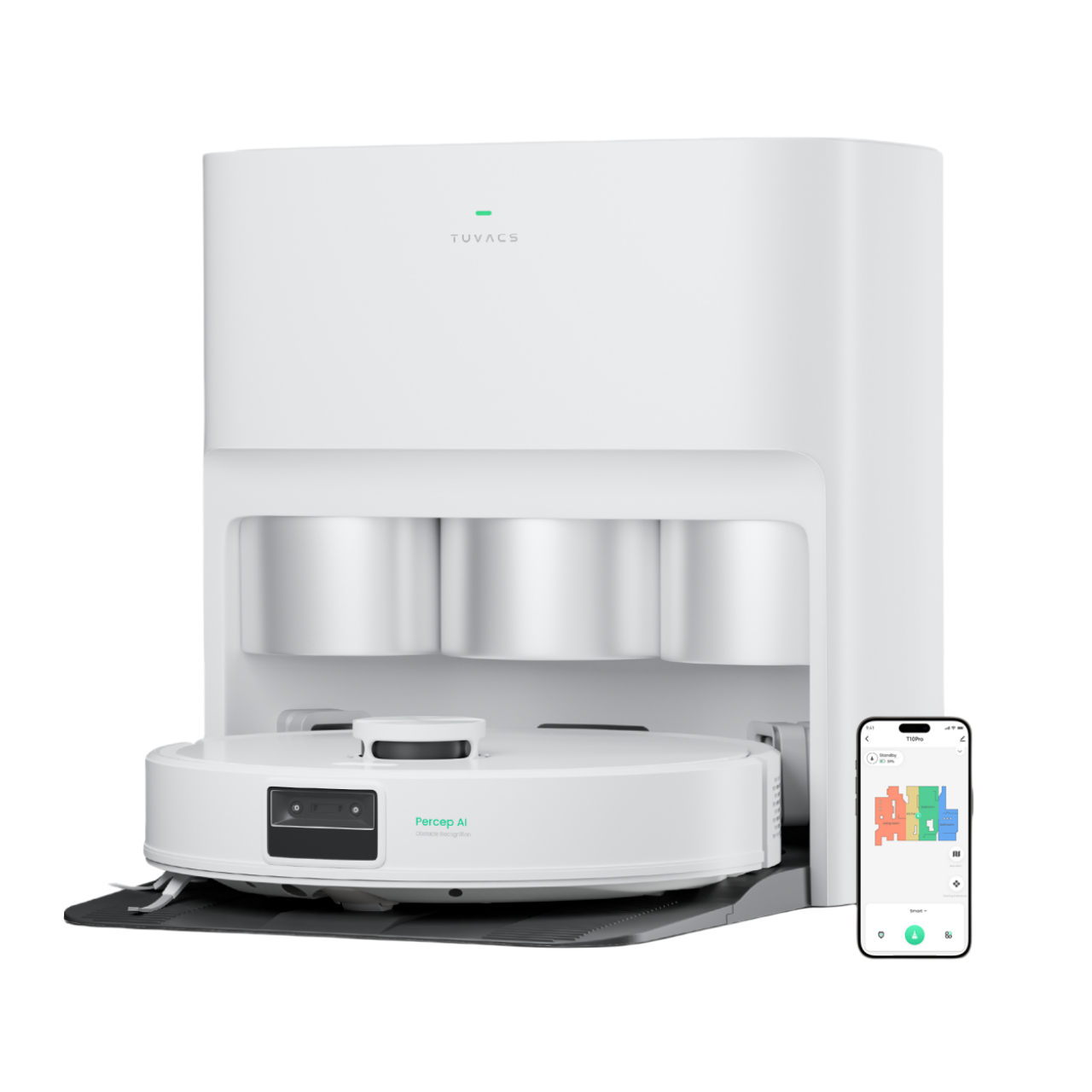In a bustling household, where time is often scarce, I found myself contemplating the convenience offered by modern technology. One day, while browsing through an online marketplace, I stumbled upon a sale for robot vacuums and mops. This discovery not only piqued my interest in their functionality but also led me to ponder the legal implications surrounding such devices. As these smart appliances become increasingly popular, understanding their regulatory framework becomes essential.
The Regulatory Landscape of Robot Vacuum and Mop on Sale
Robot vacuums and mops represent a significant advancement in home cleaning technology; however, they are subject to various legal regulations that govern consumer safety and product liability. These devices must comply with standards set forth by organizations such as Underwriters Laboratories (UL) or the International Electrotechnical Commission (IEC). Furthermore, when it comes to enforcement of contracts related to sales agreements for these products, consumers should be aware that warranties may vary significantly between manufacturers. Such variations can impact both buyer protection rights and seller obligations.
Find more about smart robot vacuum and mop.
The Role of Smart Robot Vacuums and Mops in Enforcement of Contracts
Smart robot vacuums and mops have revolutionized home maintenance; however, they also introduce unique considerations regarding contract enforcement. For instance, many models come equipped with advanced features like app connectivity or subscription services for additional functionalities. These elements necessitate clear contractual terms outlining user responsibilities concerning software updates or service renewals. In cases where disputes arise—such as malfunctioning equipment—it is crucial that both parties understand their rights under warranty provisions stipulated at the point of sale.
Tuvacs: A Case Study in Enforcement of Contracts
Tuvacs stands out as an exemplary case within this context due to its comprehensive approach towards customer agreements. The company provides detailed documentation accompanying each purchase which explicitly outlines warranty conditions along with procedures for claims processing should issues occur post-sale. By ensuring transparency in its contractual obligations—and adhering strictly to them—Tuvacs fosters trust among consumers while simultaneously protecting itself from potential litigation arising from misunderstandings about product performance or service expectations.
Conclusion

In summary, robot vacuum and mop on sale embody not just technological innovation but also complex legal frameworks governing consumer transactions. Understanding these aspects—including how companies like Tuvacs navigate contract enforcement—is vital for consumers looking to make informed purchasing decisions while safeguarding their rights under applicable laws.

